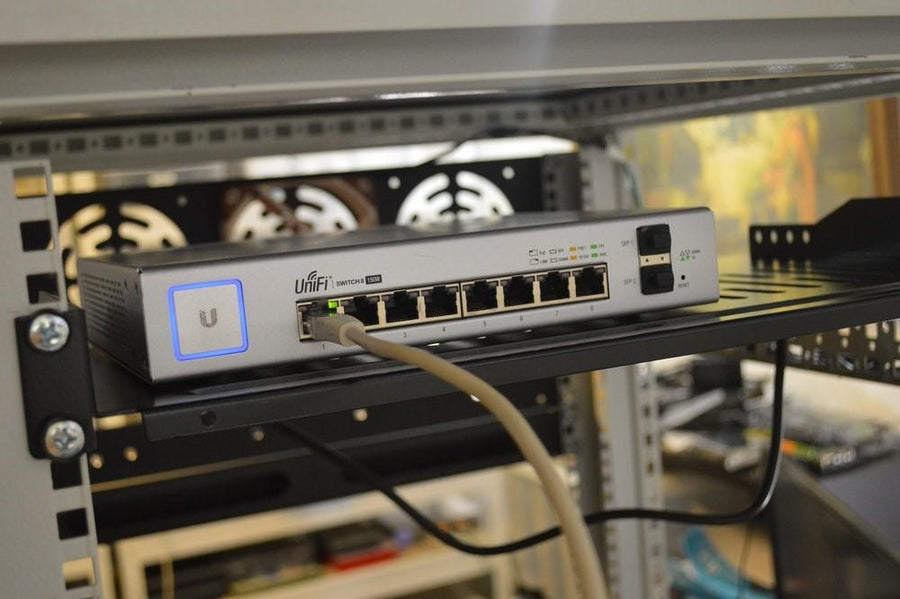Sometimes you may struggle with a slow Internet connection. There are various explanations for this, including a faulty router or maxing out your bandwidth. Before you can start investing in other costly equipment, you need to rule out the possibility of your Internet Service Provider having anything to do with it. The last thing you want to do is purchase a new router or even get higher bandwidth, only to find that you are a victim of throttled Internet.
Internet throttling is a frequent practice by notorious Internet Service Providers. Do the following to determine if you are being throttled.
- Running a speed test
- Connect to reputable VPN
Step 1: Run a speed test
The best starting point is first to determine your current Internet speeds. Before you can do this, ensure that you know what your Internet plan is and the promise made by your ISP. You can get this information from your bill or reading more about the subscribed package.
Disconnect all the home devices before running this test. For more accurate results, ensure that you run the test from only one point of connection. If possible, use a wired connection. Those stuck on just Wi-Fi with no Ethernet option, ensure that the router is further away from other electrical components. These emit signals that could interact with your Wi-Fi connection, reducing the quality of results obtained.
You can test the speed of your rural Internet from various sites such as Speedtest.net and TestMySpeed. Many other sites provide this service. A simple online search can reveal them. You may want to run the test from four different sites and get your average.
Step 2: Connect to a VPN
Sometimes ISPs may infiltrate Internet speed test platforms, making the results obtained inaccurate. As part of your testing process, connect to a reputable Virtual Private Network (VPN), and rerun the test.
VPN blocks ISPs from viewing the traffic flow. As a result, they will not know when you are connected to a speed test platform for them to infiltrate the results obtained. The VPN forces the ISP to treat all content equally, giving you a chance for more accurate speed test results. Take note of the figures obtained for comparison purposes against the initial test.
Ideally, when one is connected to a VPN, their speeds tend to be slower but opened up to visit sites that had been blocked or throttled. If you had a challenged streaming content before VPN but can now seamlessly do so, there is a big chance that your ISP is throttling your connection.
What to do when throttled
If you find out that you are being throttled, you have two options:
- Write them a complain
Do not hesitate to write your ISP a complaint email. Highlight all the actions you took to determine that you are a victim of Internet throttling. Demand for better quality service just as you deserve.
The ability to write this complaint is dependent on how easy you can reach your ISP. That is why you are advised to always go for ISPs with clear channels of communication.
- Walkout
You are not tied to use your ISP for your Internet needs entirely. If they seem not to be doing anything about your situation, that may be a wakeup call to choose a more reputable and professional ISP.
You can always consider Nomad Internet when you want an ISP that does not throttle your Internet connection. Our many years’ experience in delivering the Internet in rural areas has taught us that customers are happy when you deliver top quality service to them. We want to keep you happy.
